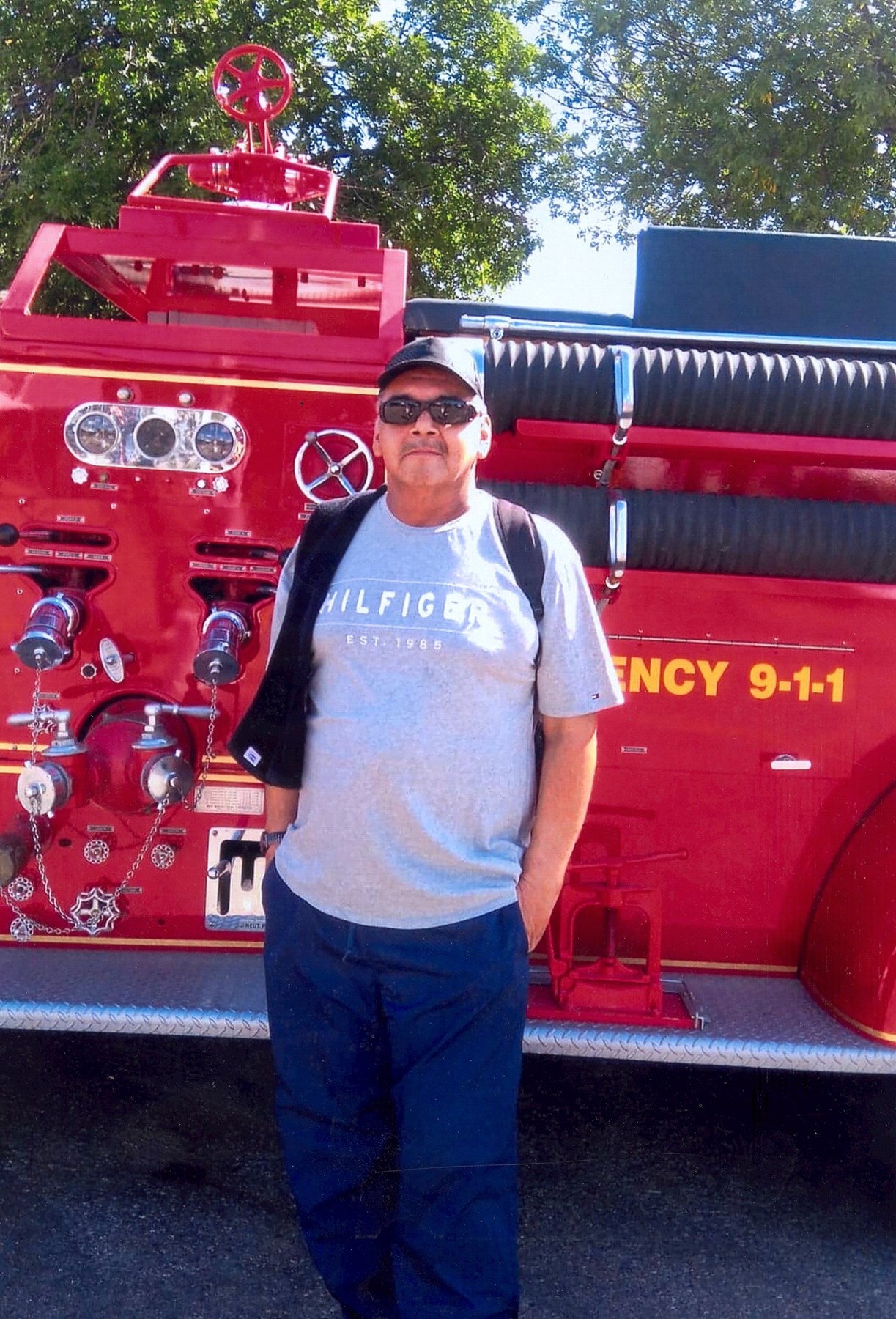

For almost every behavior criminalized there are exceptions for some actors.
#THOMAS KENNEDY FLIC VOTES CODE#
A mistake/behavior is a “”crime”” because legislation or code says so. Human beings, even on their best days, are bound to make mistakes. In reality, abundant affordable housing is the only way out of this crisis, so going after developers that skirt the (already inadequate) rules and advocating for and defending any legislation (ending single family zoning, allowing ADUs, encouraging density) that encourages affordable housing would be a priority. Reallocating the budget away from lawyers and back into the community where it is needed for things like low barrier housing and harm reduction is a second step. Immediately ending this harm is one role. If they were already homeless clients lost everything they needed to survive. As a public defender it was common to see a client lose everything and become homeless because they lost their job while they were in jail for a misdemeanor. The office should immediately stop prosecuting nearly all misdemeanors – especially “civility” crimes like trespass and petty theft. The City Attorney only has jurisdiction to prosecute misdemeanors aka petty crime punishable a maximum of 364 days in jail. The City Attorney should acknowledge that the criminalizing and punishment causes and exacerbates homelessness. What role should the City Attorney’s office play in our regional efforts to end homelessness for good? There should be analysis of power when deciding which litigation to take on in order to facilitate justice for all of Seattle’s residents. Punishing the poor, BIPOC, and the disabled for the systemic problem problems of racism, ableism, and income equality (as the City Attorney’s office currently does) makes desperate people even less stable. The ethical duty of a prosecutor is to “seek justice” but there is no justice in letting large corporations get away with wage theft or slumlords to collect rent for unlivable conditions, while simultaneously punishing people who are trying to survive. The City Attorney does not make laws, but it does have the largely unfettered discretion about who to prosecute criminally and whether to go after people and companies that harm that residents of this City. I think the role is enormous and critically underused. What role do you see for the city attorney’s office in addressing the effects of income and wealth inequality in Seattle? For voter information or to register to vote, visit the State election website.īelow are Nicole Thomas-Kennedy’s questionnaire responses. We will release the rest of the questionnaires ahead of the primary voting period opening on July 16th. We released our Primary Endorsements in late June and endorsed Thomas-Kennedy. The Urbanist Election Committee has followed up on our questionnaires with Zoom interviews to fill in the gaps. She currently lives on The Hill with her husband and daughter.” Check out Thomas-Kennedy’s campaign website for more information. She is a graduate of Seattle Central College and Seattle University Law School.

After leaving behind a difficult home life in Iowa, she worked across Pike Place, Pioneer Square and Capitol Hill, as a bartender and a server to make ends meet.
#THOMAS KENNEDY FLIC VOTES PRO#
“During the 2020 uprisings, Nicole left the public defender’s office to take pro bono activist defense work, part-time public defender contract cases, and volunteer with the National Lawyers Guild,” her website notes. As an abolitionist public defender, she is proposing some big changes to how the City Attorney’s office operates and brings a different set of experiences. She was a late entrant to the race but quickly collected $100,000 in Democracy Vouchers and picked up some campaign buzz. Nicole Thomas-Kennedy is running for Seattle City Attorney against long-time incumbent Pete Holmes. Nicole Thomas-Kennedy is running for Seattle City Attorney.


 0 kommentar(er)
0 kommentar(er)
